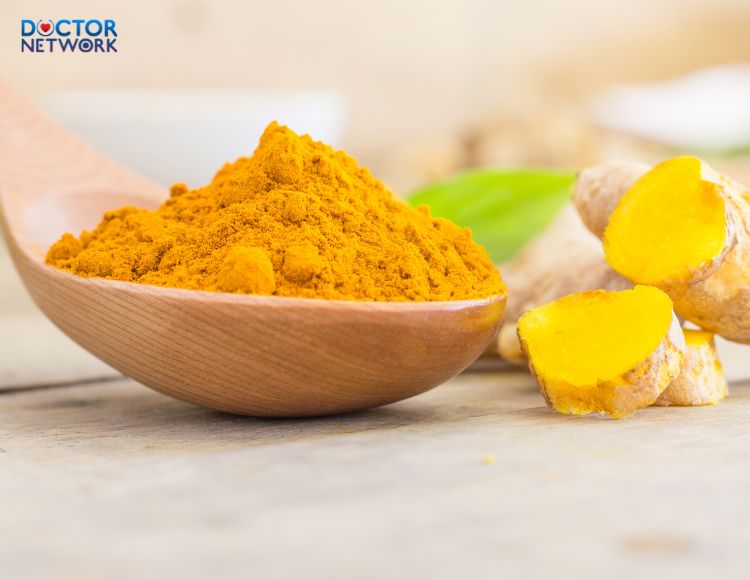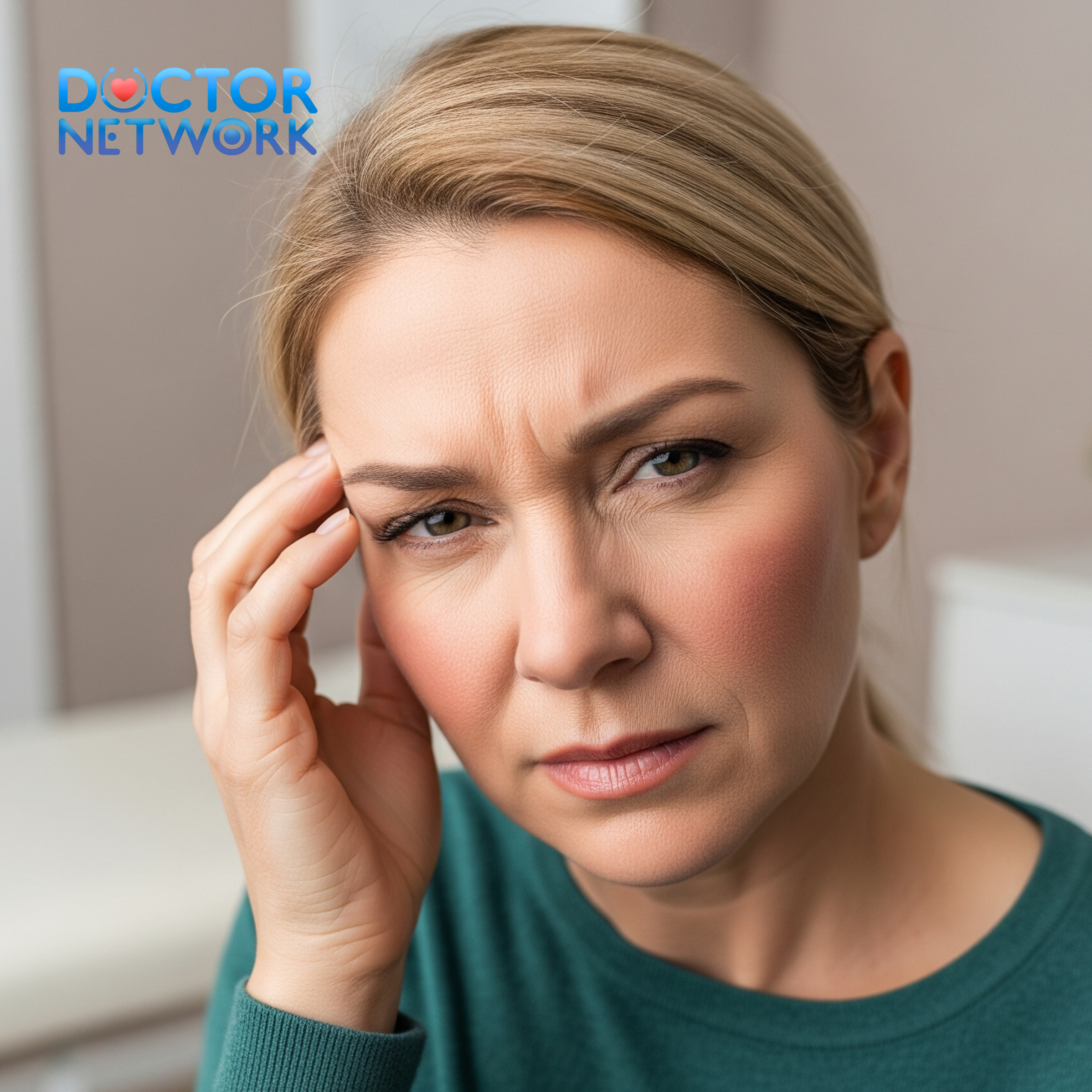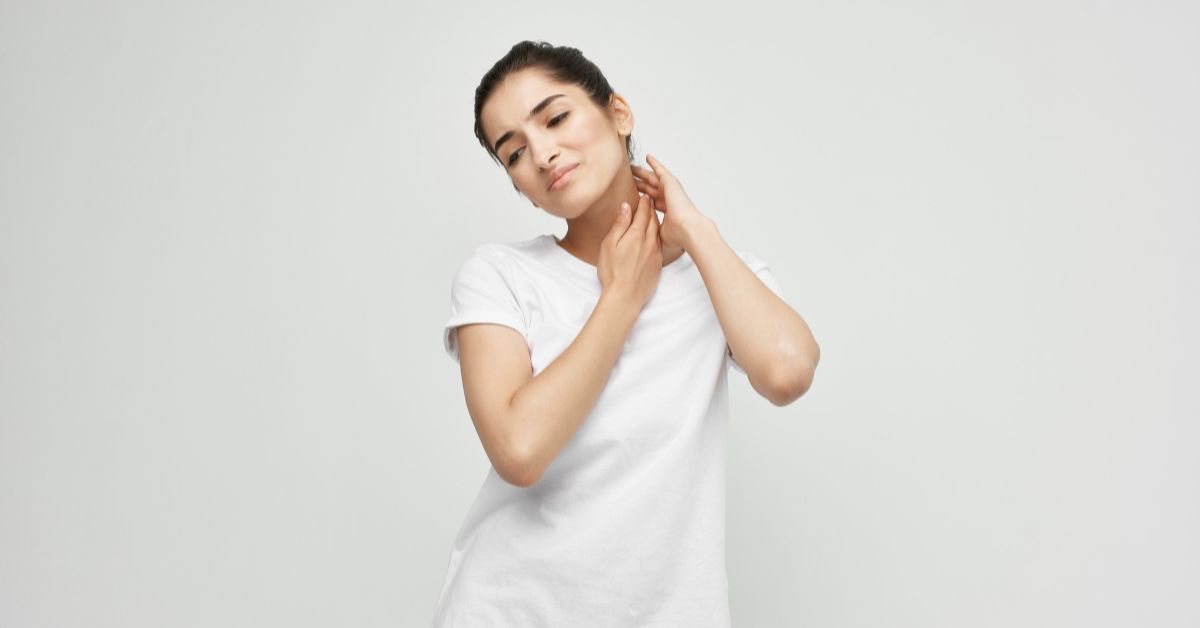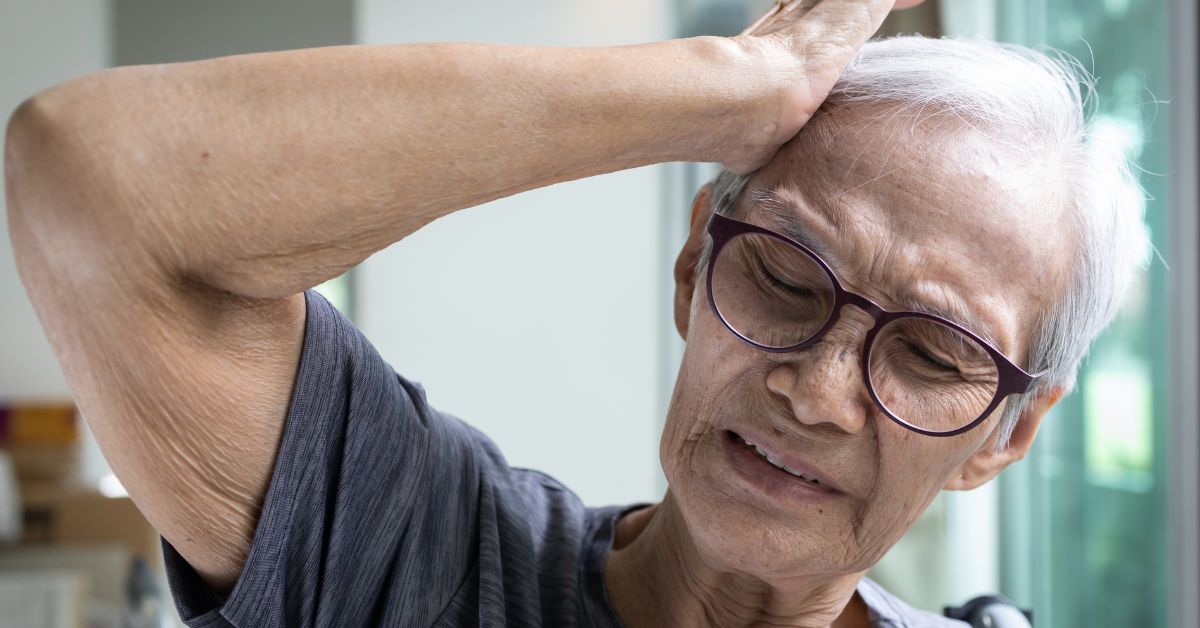Dizziness, a common yet often misunderstood condition, affects millions worldwide. This comprehensive guide delves into the intricate world of dizziness, exploring its various forms, causes, and most importantly, traditional approaches to treat dizziness remedies that have stood the test of time. We’ll navigate through the landscape of Vietnamese traditional medicine, discussing herbal treatments, acupuncture, and dietary recommendations. By integrating these time-honored practices with modern medical approaches, we aim to provide a holistic view of dizziness management.
In this article, we’ll cover:
- A comprehensive overview of dizziness
- Traditional remedies for alleviating symptoms
- The integration of traditional and modern approaches
- Important cautions and considerations
- Valuable resources for further information
Let’s embark on this journey to understand and manage dizziness more effectively.
Understanding Dizziness: A Comprehensive Overview
Defining Dizziness and Its Various Forms
Dizziness is not a one-size-fits-all condition. It’s a complex sensation that can manifest in various ways, often leaving individuals feeling unsteady, lightheaded, or as if their surroundings are spinning. To truly grasp the nature of dizziness, it’s crucial to distinguish between its different forms.

Dizziness is not a one-size-fits-all condition
Vertigo, often confused with general dizziness, is a specific type characterized by a false sense of motion. Imagine feeling as if you or your environment is spinning or tilting, even when you’re perfectly still. This disorienting experience can be particularly troublesome for those affected.
Common types of dizziness include:
- Positional Vertigo: Triggered by specific head movements
- Benign Paroxysmal Positional Vertigo (BPPV): Brief episodes of vertigo caused by inner ear disturbances
- Lightheadedness: A feeling of faintness or near-fainting
- Disequilibrium: A sense of imbalance or unsteadiness
Understanding these distinctions is the first step towards effective management and treatment.
Identifying the Root Causes of Dizziness
Dizziness doesn’t occur in a vacuum. It’s often a symptom of underlying medical conditions or lifestyle factors. Identifying these root causes is paramount for effective treatment.
| Medical Causes | Lifestyle Factors |
|---|---|
| Inner ear disorders | Dehydration |
| Migraines | Medication side effects |
| Low blood pressure | Anxiety and stress |
| Meniere’s disease | Poor sleep habits |
| Neurological conditions | Excessive alcohol or caffeine consumption |

A balanced diet can help reduce symptoms of vestibular disorders
Inner ear disorders, such as labyrinthitis or vestibular neuritis, can disrupt our sense of balance, leading to persistent dizziness. Migraines, often associated with visual disturbances and sensitivity to light, can trigger severe episodes of vertigo.
On the lifestyle front, dehydration is a common culprit. When our bodies lack sufficient fluids, blood volume decreases, potentially causing dizziness. Similarly, certain medications may list dizziness as a side effect, emphasizing the importance of discussing any new symptoms with your healthcare provider.
The Importance of Medical Evaluation
While exploring traditional remedies can be beneficial, it’s crucial to emphasize the paramount importance of seeking professional medical evaluation for persistent or severe dizziness. Self-diagnosis and treatment can mask underlying serious conditions, potentially delaying crucial interventions.
A healthcare professional can:
- Conduct thorough physical examinations
- Order relevant diagnostic tests
- Provide an accurate diagnosis
- Develop a tailored treatment plan
Remember, dizziness can sometimes be a red flag for more serious conditions like stroke or heart problems. Therefore, prompt medical attention is not just advisable—it’s essential for your well-being.
Traditional Remedies for Dizziness: Exploring Natural Approaches
The Power of Traditional Medicine
Traditional medicine, a cornerstone of healing practices for millennia, offers a treasure trove of remedies for various ailments, including dizziness. These time-honored approaches often focus on restoring balance to the body as a whole, rather than merely treating symptoms in isolation.
Vietnamese traditional medicine, in particular, boasts a rich history of holistic healing. Rooted in the belief that health is a harmonious balance between yin and yang energies, this ancient practice emphasizes the interconnectedness of body, mind, and spirit. When it comes to dizziness, Vietnamese traditional healers often look beyond the immediate symptoms, considering factors such as diet, lifestyle, and emotional well-being.
Herbal Remedies for Dizziness
Nature’s pharmacy offers a variety of herbs that have been traditionally used to alleviate dizziness symptoms. Let’s explore some of the most prominent ones in Vietnamese traditional medicine:
| Herb | Traditional Use | Potential Benefits |
|---|---|---|
| Ginger (Zingiber officinale) | Nausea and vertigo relief | May reduce dizziness and motion sickness |
| Ginseng (Panax ginseng) | Improving circulation | Could enhance blood flow to the brain |
| Peppermint (Mentha × piperita) | Soothing digestive discomfort | May alleviate nausea associated with dizziness |
Ginger, a powerhouse of antioxidants and anti-inflammatory compounds, has been a go-to remedy for centuries. Its potential to reduce nausea and vertigo makes it a popular choice for those battling dizziness. Traditional preparations often involve brewing ginger tea or creating a potent ginger tincture.
Ginseng, revered in many Asian cultures as a “cure-all” herb, may improve circulation, potentially addressing dizziness caused by poor blood flow to the brain. It’s often consumed as a tea or added to soups and stews in Vietnamese cuisine.

Ginseng, revered in many Asian cultures as a “cure-all” herb, may improve circulation, potentially addressing dizziness caused by poor blood flow to the brain
Peppermint, with its refreshing aroma and soothing properties, is frequently used to alleviate nausea associated with dizziness. A cup of peppermint tea or a few drops of peppermint essential oil (used aromatically) may provide relief.
While these herbs show promise, it’s important to note that scientific evidence supporting their efficacy for dizziness is often limited. Always consult with a healthcare professional before incorporating new herbal remedies into your routine.
Acupuncture for Dizziness Relief
Acupuncture, a cornerstone of traditional Chinese medicine adopted in Vietnamese healing practices, offers a unique approach to managing dizziness. This ancient technique involves inserting thin needles into specific points on the body to restore balance and promote healing.
The principle behind acupuncture for dizziness lies in its potential to:
- Regulate the flow of qi (vital energy)
- Improve blood circulation
- Reduce inflammation
- Alleviate stress and anxiety
Specific acupuncture points commonly used for dizziness include:
- GB20 (Feng Chi): Located at the base of the skull
- PC6 (Nei Kuan): Found on the inner forearm
- ST36 (Zu San Li): Situated below the knee
While some studies suggest acupuncture may be beneficial for certain types of dizziness, particularly vertigo, more research is needed to conclusively establish its effectiveness. As with any treatment, acupuncture should be performed by a qualified practitioner, and potential risks and side effects should be discussed beforehand.
Dietary Recommendations for Dizziness Management
In Vietnamese traditional medicine, diet plays a crucial role in maintaining overall health and managing specific conditions like dizziness. The philosophy centers around achieving balance through food, considering factors such as temperature, flavor, and energetic properties of ingredients.
Here are some dietary recommendations that may help manage dizziness:
- Stay hydrated: Drink plenty of water and herbal teas
- Consume electrolyte-rich foods: Coconut water, bananas, leafy greens
- Opt for low-sodium options: Excessive salt can affect fluid balance
- Include ginger in your diet: Add fresh ginger to soups or stir-fries
- Avoid trigger foods: Identify and eliminate foods that worsen symptoms
Remember, individual dietary needs can vary greatly. What works for one person may not be suitable for another. It’s always best to consult with a healthcare professional or a qualified nutritionist for personalized advice.
Integrating Traditional and Modern Approaches
Combining Traditional Remedies with Medical Care
The path to effective dizziness management often lies in striking a balance between traditional wisdom and modern medical advances. While traditional remedies can offer valuable support, they should complement, not replace, conventional medical treatment.
Consider this integrative approach:
- Follow your doctor’s prescribed treatment plan
- Discuss incorporating traditional remedies with your healthcare provider
- Use herbal supplements as adjuncts to medication, not substitutes
- Practice acupuncture alongside physical therapy exercises
- Adopt a balanced diet that supports both traditional and modern nutritional principles
By fostering open communication between your traditional healer and medical doctor, you can create a comprehensive treatment strategy that leverages the best of both worlds.
The Importance of a Holistic Approach to Wellness
Managing dizziness effectively often requires more than just treating the symptoms. A holistic approach, considering all aspects of your health and lifestyle, can yield more sustainable results.
Key elements of a holistic approach include:
- Regular exercise: Improves balance and overall health
- Stress management: Practices like meditation or tai chi
- Adequate sleep: Crucial for overall well-being
- Healthy diet: Based on both traditional wisdom and modern nutritional science
- Mind-body practices: Yoga or qigong for improved balance and relaxation
By addressing these various facets of health, you’re not just managing dizziness—you’re enhancing your overall quality of life.
Cautions and Considerations
Safety and Effectiveness of Traditional Remedies
While traditional remedies can offer valuable support, it’s crucial to approach them with a discerning eye. Safety should always be your top priority.
Key considerations:
- Source herbs from reputable suppliers to ensure quality and purity
- Be aware of potential drug interactions between herbs and medications
- Start with small doses to test for any adverse reactions
- Consult a qualified practitioner before starting any new treatment regimen
Remember, “natural” doesn’t always mean “safe.” Even time-honored remedies can have side effects or contraindications for certain individuals.
Individualized Treatment Plans
Dizziness is a highly individualized experience. What works wonders for one person may have little effect on another. This is why personalized treatment plans are so crucial.
Factors influencing treatment efficacy:
- Underlying cause of dizziness
- Overall health status
- Age and gender
- Lifestyle factors
- Concurrent medical conditions
Always work closely with healthcare professionals to develop a treatment plan tailored to your specific needs and circumstances.
Resources and Further Information
Reputable Organizations
For more information on dizziness and holistic health approaches, consider these reputable organizations:
- Vestibular Disorders Association
- American Academy of Otolaryngology-Head and Neck Surgery
- National Center for Complementary and Integrative Health
Additional Reading
For those interested in diving deeper into the world of traditional remedies for dizziness, consider exploring these resources:
- “Traditional Medicine: A Global Perspective” by Steven B. Kayne
- “Integrative Medicine” by David Rakel
- “The Vertigo and Dizziness Program” by Christian Goodman
Disclaimer
The information provided in this article is for educational purposes only and should not be construed as medical advice. Always consult with a qualified healthcare professional before starting any new treatment regimen or making significant changes to your current one. Dizziness can be a symptom of serious underlying conditions, and self-diagnosis or treatment can be potentially dangerous.
Frequently Asked Questions about “traditional approaches to treat dizziness remedies”
- Q: Can dizziness be a sign of a serious condition? A: Yes, dizziness can sometimes indicate serious conditions like stroke or heart problems. Always seek medical evaluation for persistent or severe dizziness.
- Q: How long does it typically take for traditional remedies to show effects? A: The timeline can vary greatly depending on the individual and the specific remedy. Some people may experience relief within days, while others might need weeks or months of consistent use.
- Q: Are there any lifestyle changes that can help prevent dizziness? A: Yes, maintaining good hydration, getting regular exercise, managing stress, and ensuring adequate sleep can all help reduce the frequency and severity of dizziness episodes.
- Q: Can I use traditional remedies alongside my prescribed medications? A: While it’s possible, always consult your healthcare provider before combining traditional remedies with prescribed medications to avoid potential interactions.
- Q: Is it safe to drive when experiencing dizziness? A: It’s generally not safe to drive when experiencing dizziness. The impaired balance and disorientation can significantly increase the risk of accidents.
Scientific Reseaches on traditional approaches to treat dizziness remedies
- “Ginkgo biloba for the treatment of vertigo and dizziness: A systematic review and meta-analysis” by von Boetticher, A. (2011), published in Neuropsychiatric Disease and Treatment.
- “Acupuncture for the treatment of dizziness: a systematic review and meta-analysis” by Kim, H. H., et al. (2019), published in the European Journal of Integrative Medicine.
- “Traditional Chinese Medicine for Treatment of Vertigo: A Systematic Review” by Zhang, Y., et al. (2015), published in the Journal of Traditional Chinese Medicine.
- “Effect of Ginger on Vertigo” by Fadaki, K., et al. (2017), published in the Journal of Medicine and Life.
- “The efficacy of acupuncture in the treatment of benign paroxysmal positional vertigo: A systematic review” by Chen, Y., et al. (2019), published in Evidence-Based Complementary and Alternative Medicine.
- “Effectiveness of Ayurvedic treatments on vertigo patients: A multicenter observational study” by Sharma, R., et al. (2016), published in the Journal of Ayurveda and Integrative Medicine.
References:
The Food You Should Eat And Avoid For Vestibular Disorder – Diagdiag·2
Home remedies for vertigo: The Epley maneuver and moremedicalnewstoday·3
Kiểm Duyệt Nội Dung
More than 10 years of marketing communications experience in the medical and health field.
Successfully deployed marketing communication activities, content development and social networking channels for hospital partners, clinics, doctors and medical professionals across the country.
More than 6 years of experience in organizing and producing leading prestigious medical programs in Vietnam, in collaboration with Ho Chi Minh City Television (HTV). Typical programs include Nhật Ký Blouse Trắng, Bác Sĩ Nói Gì, Alo Bác Sĩ Nghe, Nhật Ký Hạnh Phúc, Vui Khỏe Cùng Con, Bác Sỹ Mẹ, v.v.
Comprehensive cooperation with hundreds of hospitals and clinics, thousands of doctors and medical experts to join hands in building a medical content and service platform on the Doctor Network application.


























